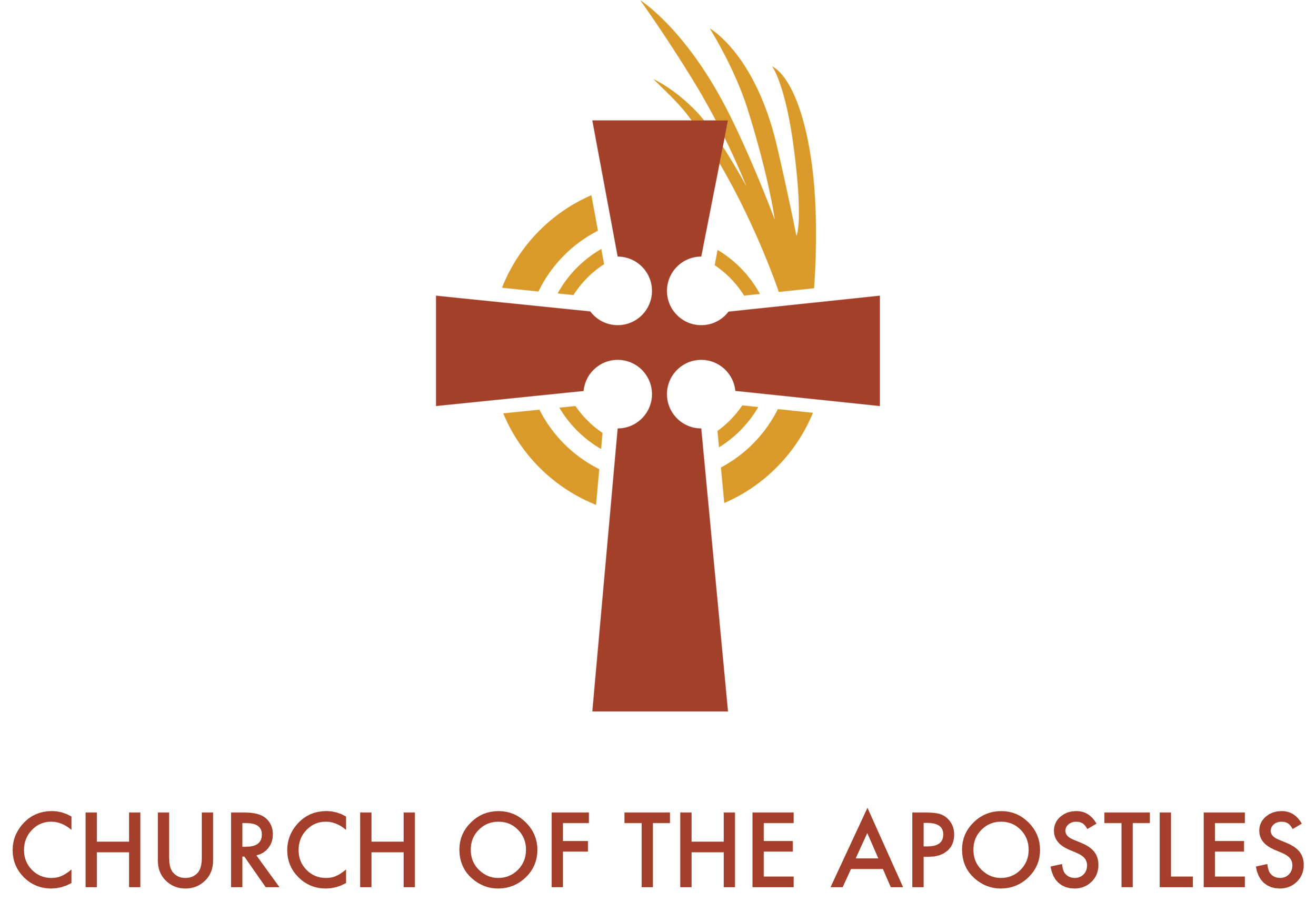Dear Church of the Apostles,
This week’s eNote on the value of confessing to others was written by a parishioner and friend, Rosemary Williams.
“Have mercy on me, O God, according to your loving-kindness; in your great compassion blot out my offenses. Wash me through and through from my wickedness, and cleanse me from my sin. For I know my transgressions only too well, and my sin is ever before me.” - Psalm 51:1-3
I've always held a strange fascination with confession. When I was little, my Roman Catholic mother would periodically take us to her church, deposit miniature me in the church's office to be babysat, and go to the parish's confessional to confess her sins in kind and number. The Protestants in the family, myself included, engaged in no such activity; but I never stopped wondering what exactly happened in that strange and mysterious liturgy.
Eventually, my curiosity about this strange discipline? ritual? Sacrament? got the best of me. I confessed. My priest and I sat side-by-side. She sipped Earl Grey and I read aloud the full contents of my four-page list of sins. We were facing a large cross, but I don’t recall looking at anything besides my prayer book, my list, and my brown ballet flats. It was terrifying and liberating and adrenaline-inducing, all at once. I knew I'd be back.
My theological instinct tells me that confession is powerful because it involves naming and being re-named, which are both crucial to identity building. I name myself as a sinner, I name my sins, I name my need for mercy, and am subsequently re-named as being holy, pure, righteous. But in my experience, the spoken elements of confession are not at all what stands out. Instead, I remember the touches from each of these experiences: the weight of a priest's hand resting on my head as he extends absolution; the nearness of a friend as we squeeze into a prayer rug with hands clasped and arms around each other; the smoothness of a chrism-coated thumb-tip signing a cross on my forehead. All of these are holy touches, brothers and sisters welcoming me back into the family of God.
"Christ became our brother in order to help us. Through him our brother has become Christ for us in the power and authority of the commission Christ has given him. Our brother stands before us the sign of the truth and the grace of God. He has been given to us to help us. He hears the confession of our sins in Christ's stead and he forgives our sins in Christ's name. When I go to my brother to confess, I am going to God." -Dietrich Bonhoeffer, Life Together
Friends, confession is for all Christians and not only Roman Catholics. A priest or pastor can make a wonderful confessor, but so can a friend. Why not try it out this Lent?
Peace,
Rosemary
